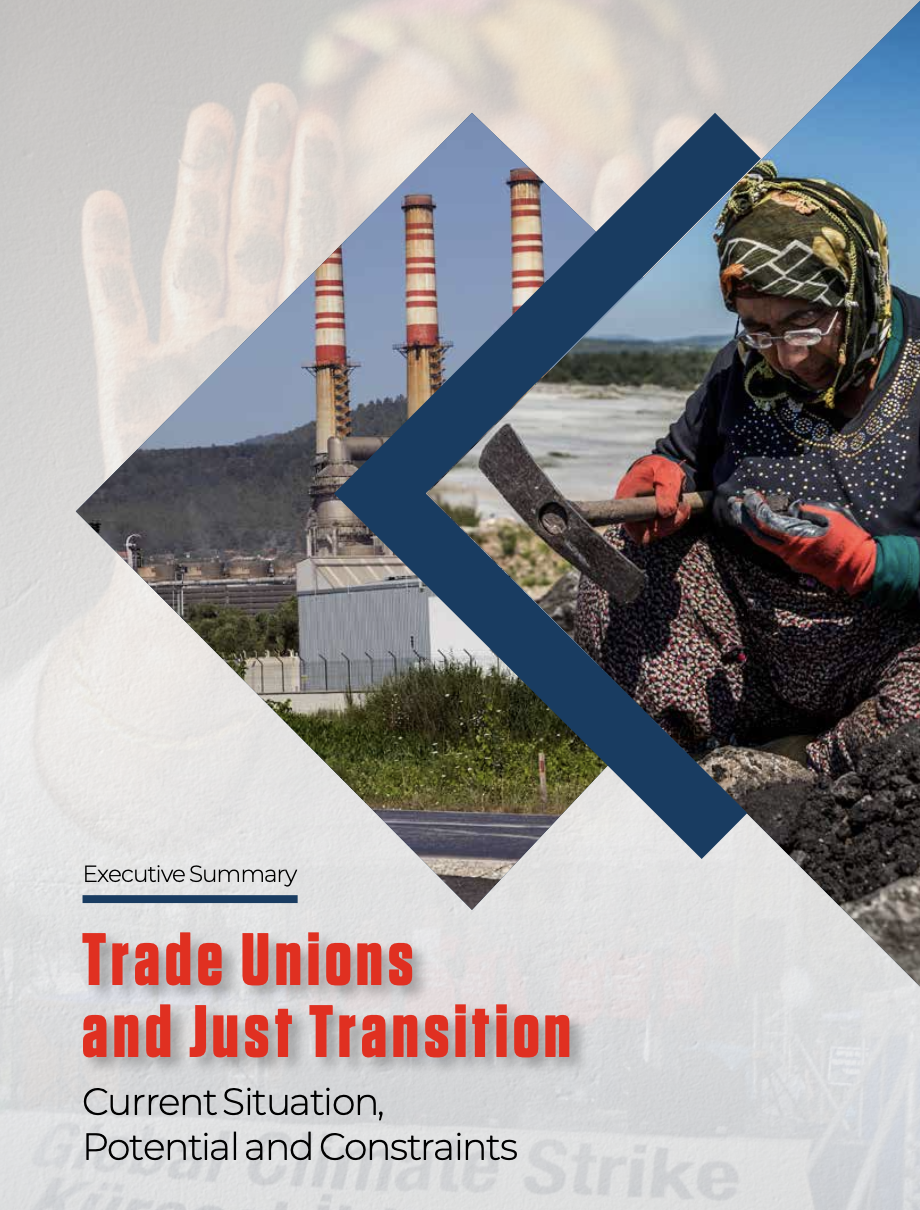In the global fight against climate change, the process of transitioning from fossil-fuel-based energy sources to zero-carbon ones has complex, and significant, technological, economic and social effects. Ensuring that this transformation to a decarbonised and sustainable production process does not create technological and socio-economic injustices, and is instead socially beneficial, requires careful attention to the problems that may arise during the transition, particularly in the area of employment policies.
The new employment areas that will emerge with the transformation of production systems under climate-friendly policies will create new needs for training and adaptation processes in order to ensure that the existing labour force achieves the qualification levels necessary to meet the demands of these new jobs. In addition, plans must be put in place to mitigate the fact that some jobs will disappear, and some economic sectors will be adversely affected by the transition to zero-carbon production systems.
If appropriate employment and social policies are not developed to support the energy transition process, it risks creating problems that may do irreparable harm to society, particularly to the working class. These problems may include mass unemployment, the spread of precarious working arrangements, damage to social security systems, the emergence of serious educational gaps, the further concentration of power and wealth among small circles of people, taxation injustices, greater polarisation between skilled and unskilled workers, a dangerous mismatch between labour demand and labour supply, wage stagnation and increased inequality overall. Discussions about social justice related to the transition to low-carbon energy sources must additionally take into consideration not only the groups directly affected by this transformation process, but also those that will indirectly feel its effects.
Read the executive summary in English
Read the executive summary in Turkish
Read the full report in Turkish




